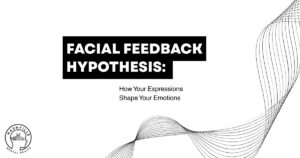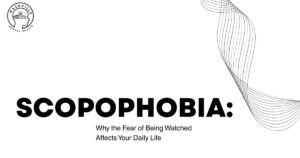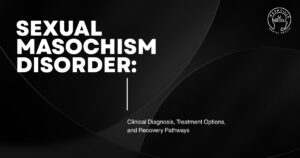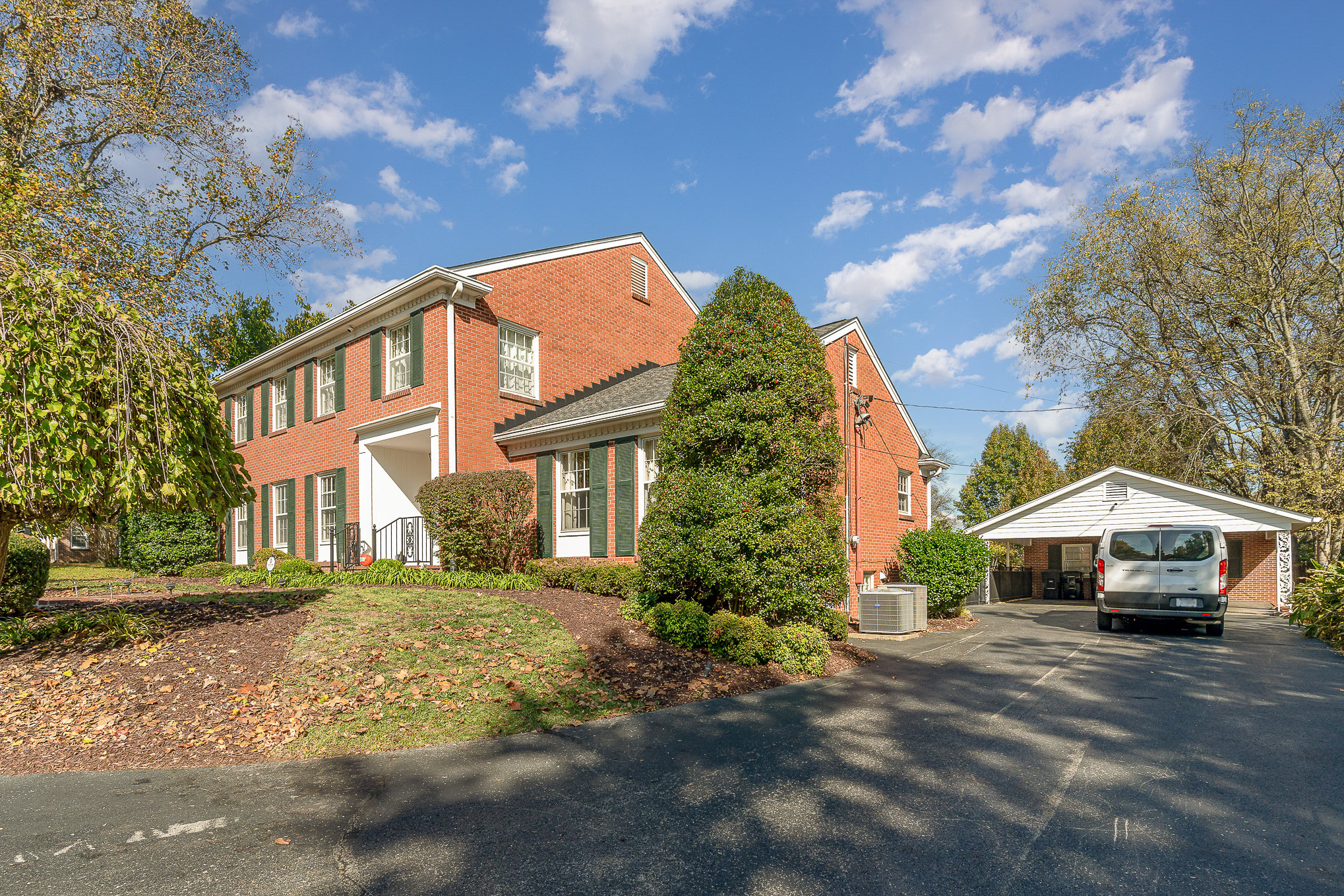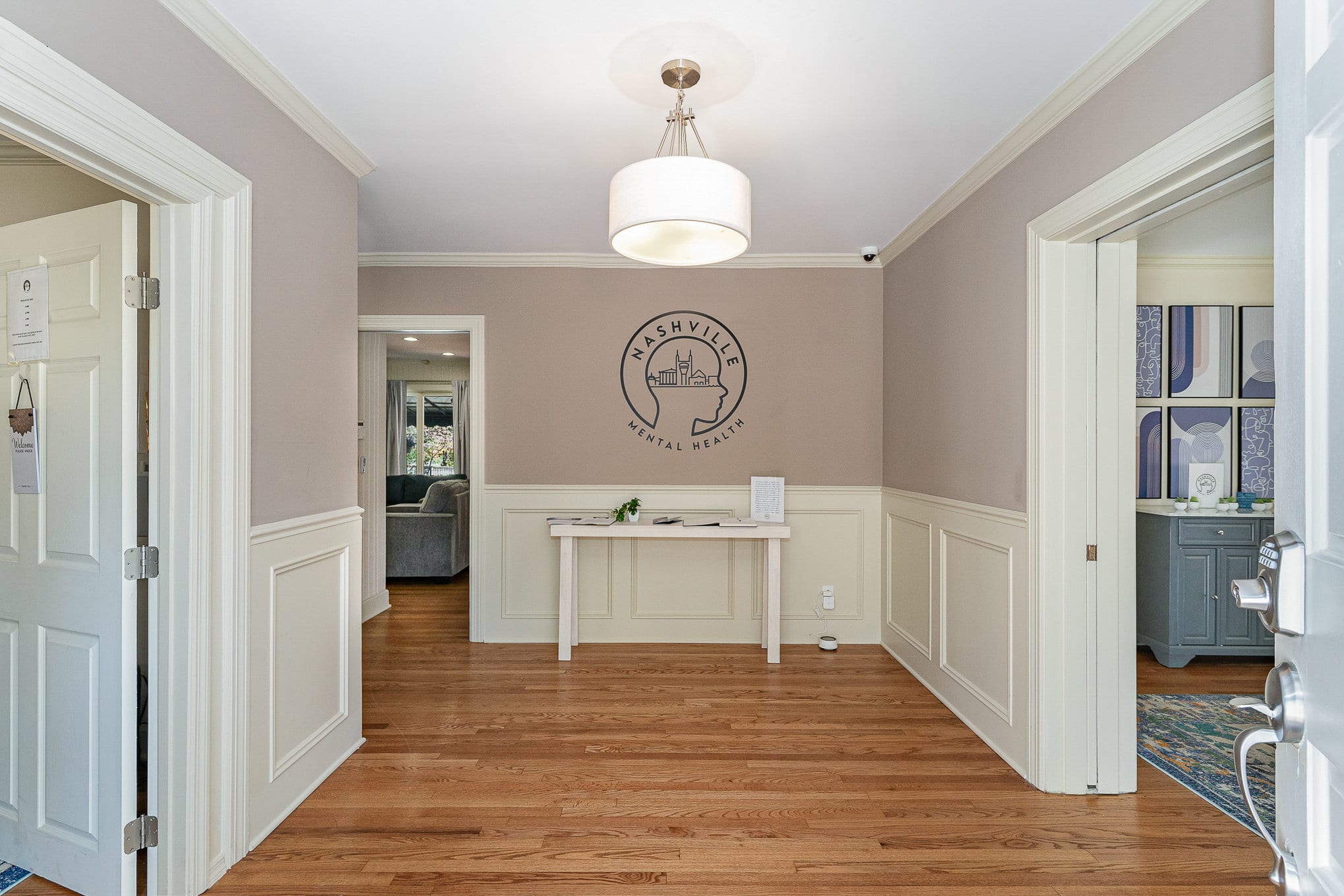ADHD and Relationships: A Simple Guide to Staying Close
Living with Attention-deficit/hyperactivity disorder (ADHD) can be tough. It affects how people focus, manage time, and handle feelings. When someone with ADHD is in a romantic relationship, things can sometimes feel even harder. But don’t worry—strong relationships are still possible! This guide will help you understand how ADHD and relationships work and how to make things better together.

Nashville Mental Health
What Is ADHD?
ADHD is a neurodevelopmental disorder. That means it affects how the brain works as a person grows. Some people call it adult attention deficit hyperactivity disorder or Adult ADHD when it continues into grown-up life.
ADHD may cause:
- Impulsive behavior (doing things without thinking)
- Trouble paying attention
- A harder time staying organized
- Problems with time management
- Emotional dysregulation (big feelings that are hard to control)
These things can make daily life more challenging.
How ADHD Affects Relationships
When someone has ADHD, they might:
- Interrupt or not use active listening
- Forget plans or birthdays
- Have poor decision-making in the moment
- Seem like they’re not paying attention
- Get easily distracted during conversations
- Struggle with organizational skills or chores
This can make the non-ADHD partner feel hurt or ignored.
The Non-ADHD Partner’s Feelings
The partner without ADHD may feel:
- Like they have to do everything
- Frustrated or overwhelmed
- Like they’re not heard
- Sad about the lack of healthy communication
These feelings are real and valid. ADHD is not an excuse, but it does help explain some relationship issues.
Real Love Is Possible!
Even if ADHD makes things hard, couples can still have a happy relationship. The key is to work together and use tools that help both people feel seen and heard.
Helpful Tips for ADHD and Relationships
1. Use Honest Communication
Talk often and kindly. Say how you feel without blaming. Try to really listen to each other.
2. Practice Active Listening
Look at your partner when they talk. Repeat what they say to show you understand.
3. Build a Routine
Create daily or weekly plans. Use a whiteboard, calendar, or phone reminders.
4. Get Quiet Time
Too much noise or stress can be hard for someone with ADHD. Take quiet time to recharge.
5. Work on Social Skills
Learning polite behavior like taking turns in conversation helps everyone feel loved.
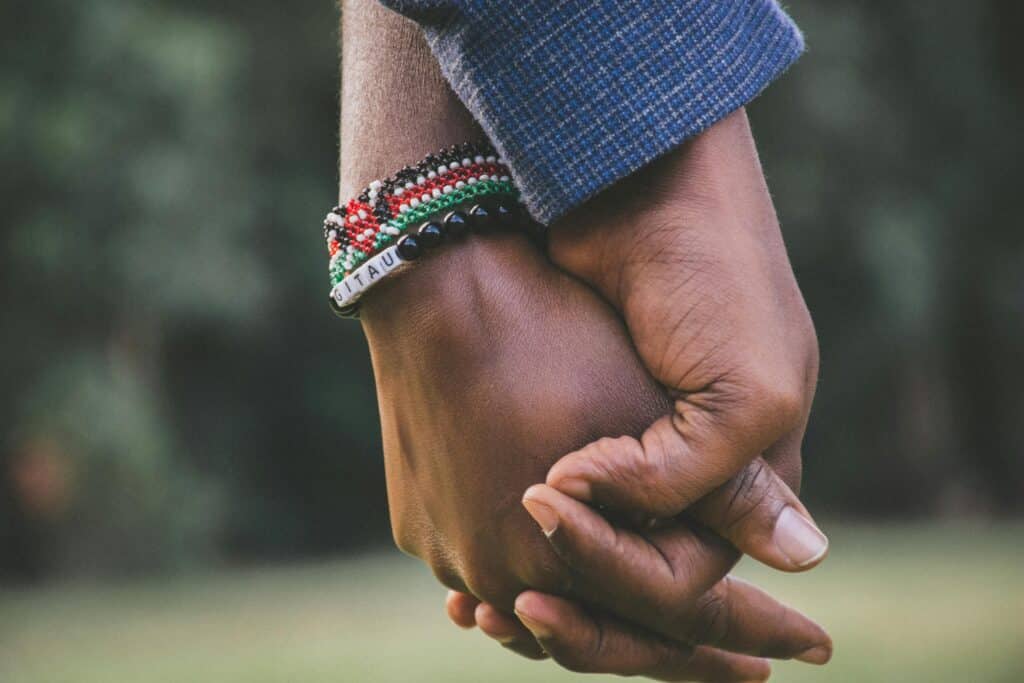
How ADHD Impacts Different Relationships
Parent-Child Relationship
When a parent or child has ADHD, home life can feel out of control. Routines and clear rules help. A licensed therapist or family coach can guide parents too.
Adult Relationship
In an adult relationship, chores, bills, and work can cause stress. Clear roles and checklists help manage life tasks together.
Long-Term Relationships
Long-term relationships need trust and patience. Talk about ADHD and make a plan for dealing with rough days.
Nashville Mental Health
ADHD and Sex Life
ADHD can affect your sex life too. Some people with ADHD have trouble focusing during intimacy or may act on impulse. This can confuse the neurotypical partner. Being open and patient is important.
Coping With Rejection and Anxiety
People with ADHD may feel relationship anxiety or fear rejection. This can lead to rejection sensitivity dysphoria, a strong fear of being disliked.
What helps?
- Using coping skills
- Seeing a couples therapist
- Knowing your worth
Therapy Can Help!
Couples therapy and behavioral therapy are great options. A licensed therapist helps both partners understand each other better. Therapy can also help with:
- ADHD diagnostic criteria
- Emotional regulation
- Daily routines
Some good places to look for help:
- Nashville Mental Health’s Adult ADHD Treatment – They offer support from trained professionals.
- Mental Health Services Administration
- Mental Health Nursing support centers
Support for ADHD in Communities
People with ADHD can feel alone. But there are groups, websites, and communities for people with ADHD. Online forums and online therapy services are also helpful.
What Research Says
Studies from the Journal of Attention Disorders and Journal of Marital and Family Therapy show that ADHD does affect interpersonal relationships. But with the right tools, couples can have better connection and quality of life.
Some key findings:
- A large percent of adults with ADHD report trouble in close relationships.
- Many partners said honest communication and therapy improved their bond.
- One qualitative study showed ADHD impacts online communication and feelings of being ignored.
ADHD and Other Mental Disorders
ADHD can show up with other mental disorders like:
- Autism spectrum disorders
- Anxiety or depression
- Mood disorders
Seeing mental health professionals can help sort out what’s ADHD and what’s something else.
Healthy Habits for Adults with ADHD
Try these healthy habits for a better relationship:
- Healthy diet and regular exercise
- Sleep and quiet time
- Clear talks and hugs
- Asking for help when needed
- Taking medicine if prescribed
Final Thoughts
ADHD and relationships can be tricky, but they don’t have to fall apart. With kindness, communication, and support, couples can enjoy deep love and strong relationships.
If you or someone you love has ADHD, remember:
- You’re not alone.
- Help is out there.
- Love can grow with care and effort.

FAQs About ADHD and Relationships
1. Can someone with ADHD have a healthy relationship?
Yes! With support, routines, and honest communication, people with ADHD can have loving and long-term relationships.
2. What are common ADHD relationship issues?
Trouble listening, forgetting things, and impulsive behaviors can cause stress. But tools like checklists and therapy can help.
3. Does ADHD affect sex life?
Sometimes. Trouble focusing or reckless behavior may happen, but talking openly helps.
4. What therapy works best for couples with ADHD?
Behavioral therapy, couples therapy, and help from a licensed therapist work well. Online therapy services can also help.
5. Can both people in a relationship have ADHD?
Yes! When that happens, using tools like calendars, quiet time, and therapy is even more important.
Nashville Mental Health
Need more support?
Visit Nashville Mental Health’s ADHD Treatment Page for care from people with extensive experience in ADHD and relationships. Visit SAMHSA for more additional information.






